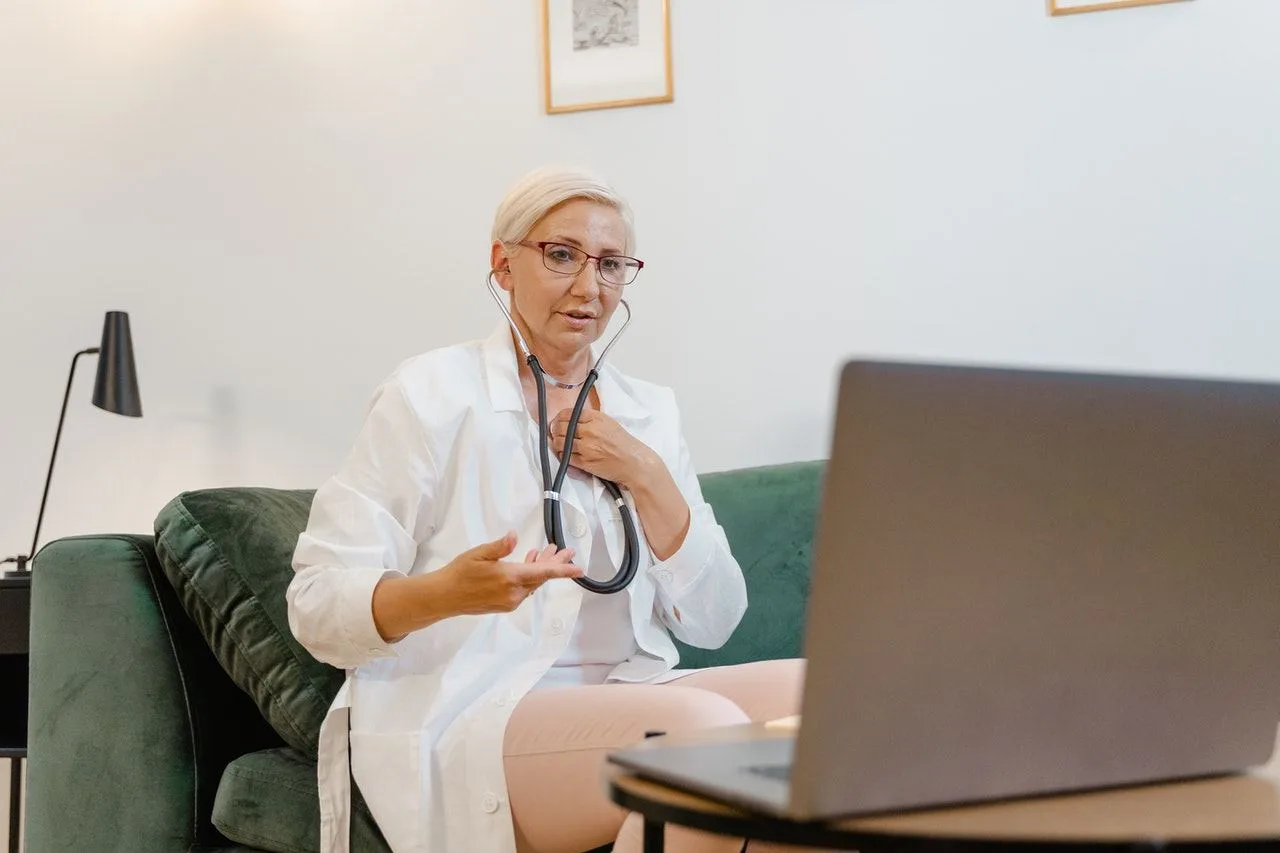Technology is rapidly helping to improve many areas of healthcare, including services related to mental health. For instance, electronic health records enable mental health professionals to provide services to patients more efficiently, telemedicine allows people with mental health conditions to get assistance more conveniently and quickly, and apps help people with mental health issues to manage their symptoms better.
Let us take a closer look at how these three technological methods are aiding the delivery of mental health services.
1. Electronic Health Records Software Enables Services to Be More Efficient
Mental health professionals can deliver better and more efficient services to outpatients and inpatients, as well as community-based programs, by using mental health electronic health records.

Photo by National Cancer Institute on Unsplash
For instance, when healthcare professionals use the best EHR software for mental health, they can easily manage treatment plans that are flexible enough to track each person’s individual objectives and goals.
They can also coordinate counseling, rehabilitation, and clinical treatment via easy-to-use scheduling tools, progressive notes, and other features. By using EHR software, it also becomes easier for mental healthcare professionals to meet regulatory requirements.
At the end of the day, the more efficient the process of delivering mental health services is, the better end-care people can receive.
The technologies behind electronic health records software have enabled various processes to become more efficient and reliable.
2. Telemedicine Enables People to Access Help from Mental Health Services and Professionals More Easily and Quickly
Telemedicine is becoming more and more popular all the time, and with good reason. It enables patients to communicate with healthcare practitioners via mediums like video calls. That means those with mental health conditions can get reliable assistance quickly; which can be invaluable to many people with different types of mental health issues.
Patients can get one-on-one therapy and assistance more conveniently than ever before through video calls, as well as other forms of communication like phone and text.
Seeing as there is a shortage of mental health professionals in the U.S. at the moment, telemedicine processes allow people to contact professionals quickly even when they cannot find professionals in their local areas.
Also, many people with mental health conditions find it difficult to attend in-person appointments, due to issues like anxiety and panic attacks, so telemedicine technology enables them to get the assistance that they may struggle to otherwise get.
Furthermore, many telemedicine services enable people with mental health conditions to contact professionals 24/7. This is simply not possible with in-person appointments.
Apps Can Help People with Mental Health Conditions in Numerous Ways
Yes, apps that are designed for people with mental health conditions should not be used as replacements for getting professional treatment. However, preliminary studies show that apps can help people with mental health conditions to make improvements.
So, mental health services can be delivered better when people use appropriate apps. However, people should always use apps that are recommended by mental health professionals. They should also use them in combination with other traditional treatment and assistance methods.
There are numerous apps available to help those with different mental health conditions. For instance, you will find apps that can help people with problems like anxiety, depression, post-traumatic stress disorder, eating disorders, and schizophrenia.
Different apps have different features and tools, too. Many enable people to do things like manage symptoms, track moods, and stick to treatment plans. Other apps can help people to do things like improve their memory and coping skills or manage their symptoms through mindfulness and meditation techniques.
Who is the author?

Stella Dawson
Stella Dawson is a writer, business consultant, and mother who loves to help people live their best lives. She has helped hundreds of entrepreneurs start and grow their businesses. She now uses her expertise to help people find the balance they need in their lives.





![women [longevity live]](https://longevitylive.com/wp-content/uploads/2020/01/photo-of-women-walking-down-the-street-1116984-100x100.jpg)









